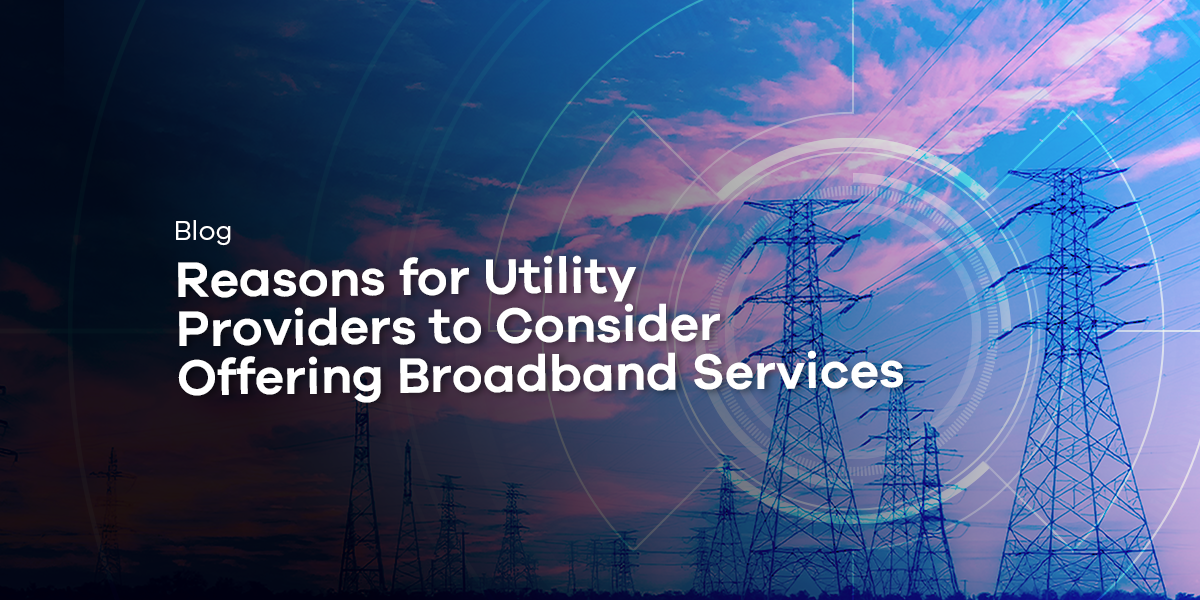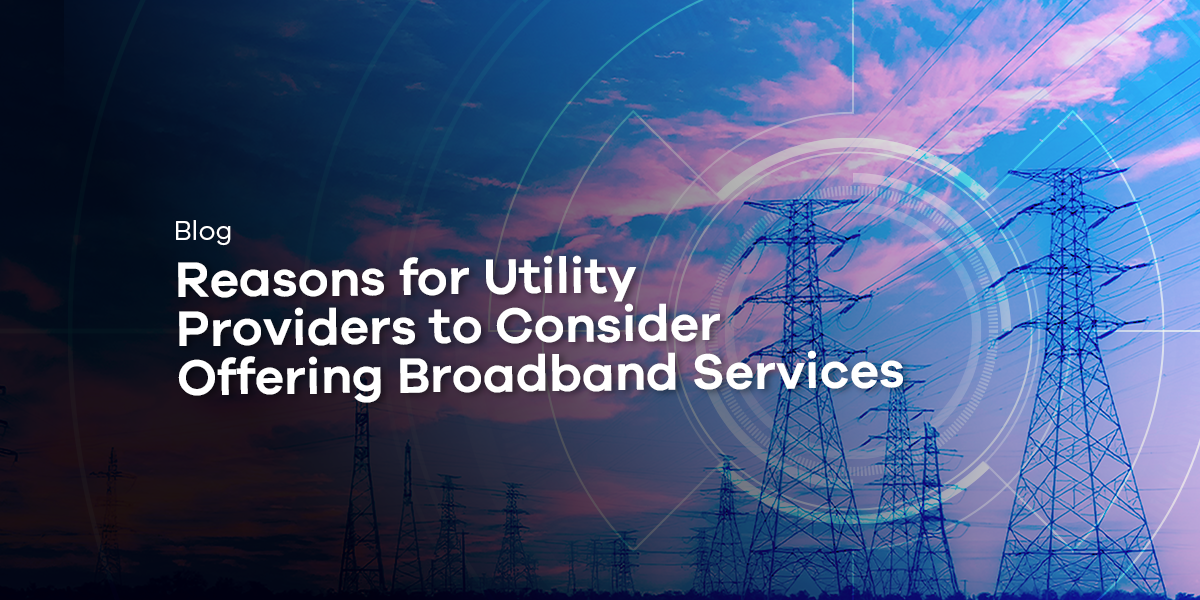
Reasons for Utility Providers to Consider Offering Broadband Services

It is widely acknowledged that the availability of high-speed internet can ignite economic development, especially in rural areas by attracting new industries. The utility industry benefits from an enhanced communications network, which can be utilized to monitor and enhance infrastructure reliability and efficiency. According to Oracle, "The utility industry already knows how to maintain a reliable and resilient infrastructure, and many utilities know how to implement and maintain fiber networks. With a broadband offering in the portfolio, utilities will be able to provide energy consumers with additional value with services such as energy efficiency and demand response programs. This broadband service would be a new source of revenue for the industry albeit somewhat modest." Utility Analytics mentioned, "As broadband service rolls out to rural America and to other remote and underserved areas, it is increasingly clear that utilities will have important roles to play. Most utilities already have a fiber backbone in place, and many are adding robust, private long-term evolution (PLTE) networks to better monitor and control power distribution systems. Together, these technologies could provide an opportunity to leverage FWA service over the recently opened Citizens Broadband Radio Service spectrum. By making an incremental investment in technology, a utility may be able to enter the broadband business directly via a nonregulated affiliate."

Factors why utility providers should consider providing broadband services:
- Meeting Customer Demands
In today's digital age, high-speed internet has become a necessity for households and businesses. By providing broadband services, utility providers can meet the growing demand for reliable internet access in their communities, enhancing customer satisfaction and loyalty. - Competitive Advantage
Offering broadband services can give utility providers a competitive edge in the market by distinguishing them from other providers and enhancing their value proposition. This differentiation can attract new customers and retain existing ones, driving business growth. - Leveraging Current Infrastructure
LinkedIn Pulse article by Sebastian Barros remarked that "Electricity is in a strong position to monetize existing sites, data center or communication assets, especially looking at the needs of telecommunications provider for backhaul, radio site space or even their data centers." Leveraging these existing assets can significantly reduce the cost and time required to deploy broadband services, making it cost-effective. - Enhanced Community Connectivity
Broadband infrastructure plays a crucial role in fostering economic development and overall community connectivity. By investing in broadband infrastructure, utility providers contribute to the socio-economic development of their service areas. According to Telecompetitor, "Utilities may want to expand outside of residential offerings and deeper into the business connectivity space with vital offerings such as dark fiber. Some of these services will help a utility build its status in the community." - Diversification of Revenue
Offering broadband services allows utility providers to diversify their revenue streams beyond traditional services like electricity, water, or gas. This diversification can help stabilize revenue. As per Telecompetitor, "Expanding into broadband allows utility companies to diversify their revenue base and, in addition to selling broadband, the opportunity to sell related services such as VoIP, streaming video, and home security, among other offerings."
To learn and hear more about why utility providers need to consider providing broadband services to expand their revenues, Zyxel will be exhibiting at the 2024 National Rural Electric Cooperative Association (NRECA) TechAdvantage Expo, taking place from March 3-6 at the Henry B. Gonzalez Convention Center in the beautiful city of San Antonio, TX. Be sure to stop by booth #815 to connect with our team!
